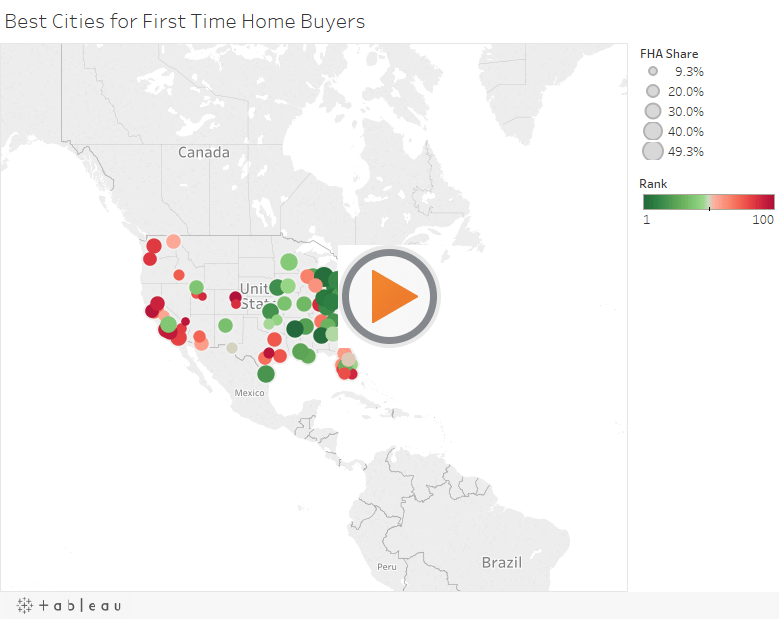
A step-by-step guide on how to buy a house in New York City, from researching neighborhoods to negotiating the final purchase.
Buying a house in New York City can be an exciting experience, but there are many important factors to consider. You should always hire an experienced real estate agent to help you navigate the process. A reputable agent will be able to give you information about the city’s neighborhoods and neighborhoods in the surrounding areas. They will also be able to help you find the best home for your budget.
Condos vs co-ops
Buying a house in New York City can be a huge decision. The decision should be based on your needs. If you have a big family or are interested in investment properties, condos might be better for you. However, if you are only interested in living in New York, co-ops may be more suited to your needs.
Unlike condos, co-ops allow owners to live on the property free and clear. The only difference between the two is that co-ops are owned by a corporation, while condos are owned by individual members.
Co-ops are cheaper than condos. The cost is generally lower because they have fewer restrictions. However, co-ops may be more costly than condos if you are looking for a new home.
If you are interested in purchasing a co-op, you should know the house rules. These rules cover areas such as pet guidelines and noise levels. The rules for each building may vary. You should also check with the board to see if there are any special rules for the condo you are considering.
Most co-ops require a down payment of at least 10-20 percent of the purchase price. In some cases, this can be negotiable. Depending on the building, you may also be required to pay a flip tax at closing. The flip tax can be as high as two percent of the sale price.
Down payment requirements
Buying a house in New York is a big investment. You will need enough savings to cover all your expenses, including your down payment. There are many government-backed programs that will reduce the upfront costs. However, you will need a good credit score and a substantial income to qualify for a mortgage.
Down payment requirements vary based on the type of loan you apply for. Mortgages backed by the Federal Housing Administration (FHA) require a 3.5% down payment. Other programs require no down payment, or only a small one.
There are also several federal and state programs designed specifically for homebuyers. Some programs are designed to help first-time buyers, while others are available for people with specific types of income.
The Federal Housing Administration (FHA) is one of the best programs for first-time buyers. You can obtain an FHA loan with a credit score of 500 or better. FHA mortgage rates are flexible, and lenders work with FHA loans even after bankruptcy.
The HomeReady program is another one that is worth a look. This program is designed to help first-time buyers get into a home. Among other things, the program offers an incentive to qualify for a loan: a three-to-one matching fund, up to $5,000.
Another program, the Graduate to Homeownership program, is designed to help recent graduates become home owners in upstate New York. In exchange for enrolling in an online home-buyer education course, you can receive up to $9,500 in down payment assistance.
Seller’s disclosure
Getting a Seller’s disclosure when buying a house in New York City can help yo.u make an informed purchase. It will tell you about the structural and mechanical aspects of the home. It can also tell you about neighborhood problems and sources of loud noises. You’ll also learn about hazardous materials like asbestos and lead.
The law requires sellers to provide a Property Condition Disclosure Act (PCDA) to potential buyers. This document consists of 48 questions that must be answered before the sale can proceed. Sellers must also provide a statement to buyers that outlines their responsibilities under the law. Sellers who fail to provide the disclosure or act on it in a timely manner can face penalties.
New York has several disclosure laws that protect home buyers. Some of these laws include the Residential Lead-Based Paint Hazard Reduction Act of 1992 (Title X). A pamphlet on the hazards of lead paint is also required.
Sellers who know they have lead paint in their home must give buyers 10 days to test for the presence of the hazardous material. They must also provide copies of their disclosure statement for three years. If they fail to provide the information, buyers can file a lawsuit against them for damages.
Buyers can also back out of a deal if they discover information about the property that isn’t in the disclosure statement. If they do, they can get back their earnest money during the seller’s disclosure period.
Closing costs
To buy a house in New York can be an expensive endeavor. Not only are there the actual costs of a home, but there are many additional fees.
A real estate lawyer can help you navigate through the purchase process. A financial counselor can also walk you through the process.
Closing costs vary by location, lender, and type of mortgage. You can use an online closing cost estimator to find out exactly how much your home will cost.
Real estate agents and lenders can also assist you with estimating your closing costs. You may be able to avoid certain fees by negotiating with the seller or bank.
Closing costs can be a deal breaker for some buyers. You should know exactly what you are getting into before you start your search for a home.
If you’re planning to buy a house in New York, you’ll need to plan for closing costs. These costs can vary from a few hundred dollars to thousands of dollars.
The Mansion Tax is a one-time tax on properties that are more than $1 million. In 1989, New York City introduced the Mansion Tax to help raise income for the city. It is calculated at two dollars for every $500 spent on a home that is more than $1 million.
The mortgage recording tax is another important New York real estate closing cost. The tax is a significant amount, and is usually paid by the buyer.
Getting money back from Prevu
Getting money back from Prevu when buying a house in New York city can be a great way to save on the purchase of a home. With Prevu, buyers can get two-thirds of the commission paid by the buyer’s agent.
Prevu is an online real estate brokerage that offers commission rebates to home buyers. Prevu has offices in Boston, Los Angeles, Philadelphia, San Diego, and Fairfield County, Connecticut. Compared to a traditional real estate brokerage, Prevu charges 25% less.
Prevu is an online realty platform that offers home buyers and sellers a 2% commission rebate. Prevu is not just a home buying portal, it is a technology company that is positioned to expand into other industries as well.
Prevu combines technology with salaried agents. The company’s platform is designed to make the home buying process less stressful and more efficient. It also includes one-click scheduling of viewings and open house alerts. The company’s platform is a “digital marketplace” where buyers and agents can engage in discussions about a home, negotiate a purchase, and submit a final offer.
Prevu’s rebate can vary depending on the price range of the home. Buyers who are looking to purchase a home under $300,000 may be better off with a smaller rebate. Buying a home that is closer to a million dollars may allow Prevu to offer a large commission rebate.
Buying from out of state
Buying a house in New York city from out of state can be difficult. There are many things to consider. However, it isn’t impossible. A good real estate agent is a great resource. He or she will be able to answer your questions and help you find the perfect home.
If you aren’t sure if you can afford to buy a home in New York, you can consult with a local mortgage lender. Most states allow you to shop for a home loan online. The lender will give you an itemized statement of closing costs.
You will need to have a down payment. The down payment will vary depending on the type of loan you get. It’s generally between three and five percent of the home’s price. You will also need to pay private mortgage insurance.
You should also work with a legal professional to ensure that you’re buying the right property. Many states have restrictions on real estate transactions. The lawyer you choose should be knowledgeable and trustworthy. You will need to provide a thorough package of documents.
You should also consult a tax consultant. New York is a great location to invest. There are many rental properties in the city. However, the price of renting can be high. If you plan to live in New York for a long time, buying a home may be a better option.




